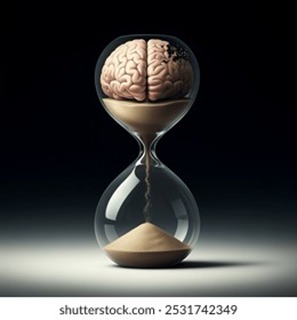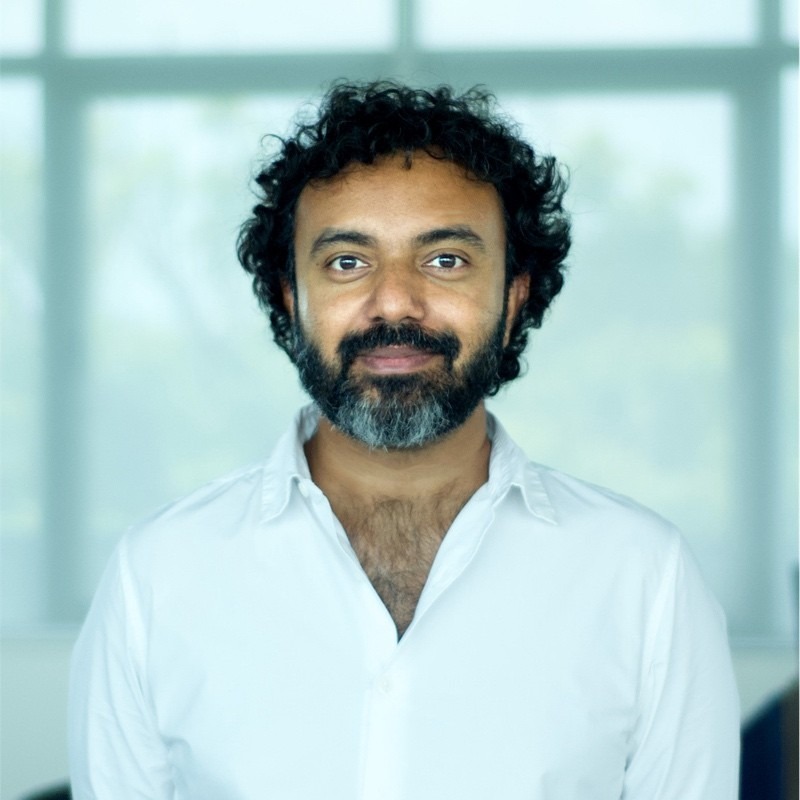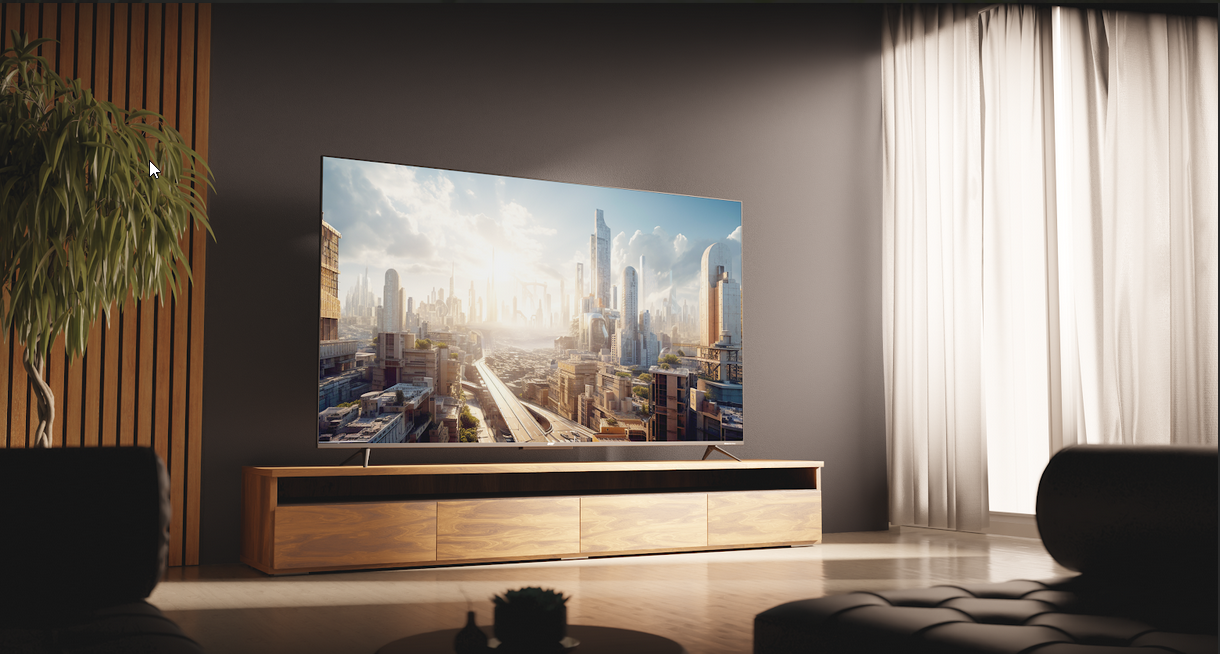India is on the verge of a major shift in how we approach end-of-life care. As medical science advances, so does the complexity of decisions surrounding terminal illness and life support. One of the latest and most important developments comes from AIIMS-Delhi, where the hospital is planning to introduce a weekly OPD (Outpatient Department) dedicated to educating patients about their rights under Advance Medical Directives (AMD). This initiative aims to help individuals make informed decisions about their medical care in the event that they lose the capacity to make decisions due to an accident or illness.
This new step follows the Union Health Ministry's release of draft guidelines on the "Withdrawal of Life Support in Terminally Ill Patients," offering a progressive stance on the growing conversation around end-of-life care in India. The guidelines, as well as the AIIMS initiative, promise to empower patients with the ability to dictate how they would like to be treated or not treated, should they become unable to make those decisions themselves.
The core of this movement is the Advance Medical Directive (AMD), a legal document where a person records their wishes regarding medical treatment if they become incapacitated. For many, the idea of being on life support, enduring medical interventions that offer no hope of recovery, is terrifying. This document allows individuals to ensure that their medical care aligns with their preferences, even if they lose the ability to communicate those preferences in the future.
Dr. Sushma Bhatnagar, chief of the Dr. B. R. Ambedkar Institute Rotary Cancer Hospital at AIIMS, emphasizes the importance of AMDs for patients. She points out that terminally ill patients or victims of severe accidents are often placed on life support, subjected to invasive treatments that prolong their suffering without offering any real chance of recovery. The AMD gives people control over these situations, enabling them to make decisions while they are still of sound mind, ensuring that their wishes will be respected if they lose decision-making capacity later in life.
One of the primary concerns with aggressive life support is that it can exacerbate suffering, rather than alleviating it. Palliative care, a field that focuses on reducing pain and improving the quality of life for those with serious illnesses, aligns closely with the principles of AMDs. Dr. Bhatnagar explains that palliative care prioritizes the comfort of the patient rather than extending life through unnecessary and often painful interventions.
By encouraging the use of AMDs, AIIMS-Delhi is promoting a more humane approach to care, one that respects the individual's right to avoid unnecessary suffering. "We’re not trying to hasten death or abandon the patient," Dr. Bhatnagar clarifies. "Rather, we’re ensuring that their final days are spent in comfort, surrounded by family, rather than isolated in an ICU, hooked up to machines."
The right to make decisions about one's own medical treatment is a fundamental ethical principle in healthcare. It rests on the idea of patient autonomy, each person has the right to decide what happens to their own body. This principle is widely accepted in cases where patients are conscious and capable of making informed decisions. The AMD extends this autonomy to situations where the patient is no longer able to communicate, ensuring that their previous decisions continue to guide their care.
Advocate Dhvani Mehta points out that the 2018 Supreme Court ruling established AMDs as legally valid in India, setting the stage for a broader adoption of the practice. Initially, the process of executing an AMD was cumbersome, requiring individuals to appear before a judicial magistrate. However, more recent updates have simplified the procedure, allowing individuals to complete the process before a notary or gazetted officer.
This legal recognition of AMDs is crucial because it ensures that doctors and family members are bound to respect the patient’s wishes, even if the patient can no longer express those wishes directly. Whether the patient has dementia, has suffered a stroke, or is in a coma following an accident, their AMD serves as a powerful tool that guarantees their right to die with dignity.
Despite the legal framework, the concept of AMDs remains relatively new in India. Many people are unaware of their rights under these directives, and the cultural stigma surrounding death and dying can make discussions about end-of-life care difficult. Dr. Bhatnagar points out that "death literacy" is just as important as health literacy, and yet it's an area where many Indians lack awareness.
This is where the AIIMS-Delhi initiative becomes critical. By establishing a weekly OPD dedicated to counseling patients about AMDs, the hospital aims to bridge this gap in knowledge. Patients will not only receive information about their options but will also have the opportunity to create an AMD with the guidance of healthcare professionals.
One of the most emotionally charged aspects of terminal illness is the impact it has on families. When a loved one is placed on life support with no hope of recovery, families often face difficult decisions about whether to continue treatment. These decisions can lead to moral distress for both families and healthcare providers, especially when it is unclear what the patient would have wanted.
The draft "Guidelines for Withdrawal of Life Support in Terminally Ill Patients" address these concerns head-on. They recommend that doctors carefully consider whether starting or continuing life support is likely to benefit the patient. If the treatment is deemed to be excessive or inappropriate, causing undue suffering, the guidelines suggest that it may be better to withhold or withdraw life support. This is where the AMD becomes invaluable, as it provides clear instructions, eliminating the guesswork for family members and medical staff.
Another significant aspect of prolonged life support is the financial strain it places on families. Keeping a terminally ill patient in the ICU can quickly deplete a family’s resources, and the emotional toll of watching a loved one suffer can be overwhelming. The draft guidelines acknowledge this burden, noting that life-sustaining treatments (LST), when applied to patients unlikely to benefit, increase not only physical suffering but also economic hardship for families and emotional distress for caregivers.
By empowering individuals to make informed decisions about their care through AMDs, the healthcare system can avoid these scenarios, ensuring that resources are used more appropriately and that patients receive care aligned with their values.
The implementation of Advance Medical Directives is still in its early stages in India, but the groundwork has been laid for a broader adoption. AIIMS-Delhi’s proactive approach in promoting awareness and helping patients complete these directives represents a significant step forward. As more people become educated about their rights and the benefits of AMDs, we can expect to see a shift in how terminally ill patients are treated across the country.
It is essential to remember that AMDs are not about giving up on life. They are about ensuring that when the time comes, individuals can face the end of their life with dignity, without unnecessary suffering, and with the peace of knowing that their wishes will be respected.
For those considering an AMD, the first step is to consult with a healthcare provider who can guide you through the process. It’s also important to have open discussions with your family about your wishes, so they are aware of your preferences should the need arise. While it may be uncomfortable to think about end-of-life care, taking control of your future in this way is an act of empowerment, ensuring that your voice is heard even when you can no longer speak.
India’s healthcare system is evolving, and with the advent of AMDs, we are moving towards a more compassionate and patient-centered approach to terminal care. Now is the time to embrace this change, for the sake of ourselves, our loved ones, and the healthcare professionals who care for us.
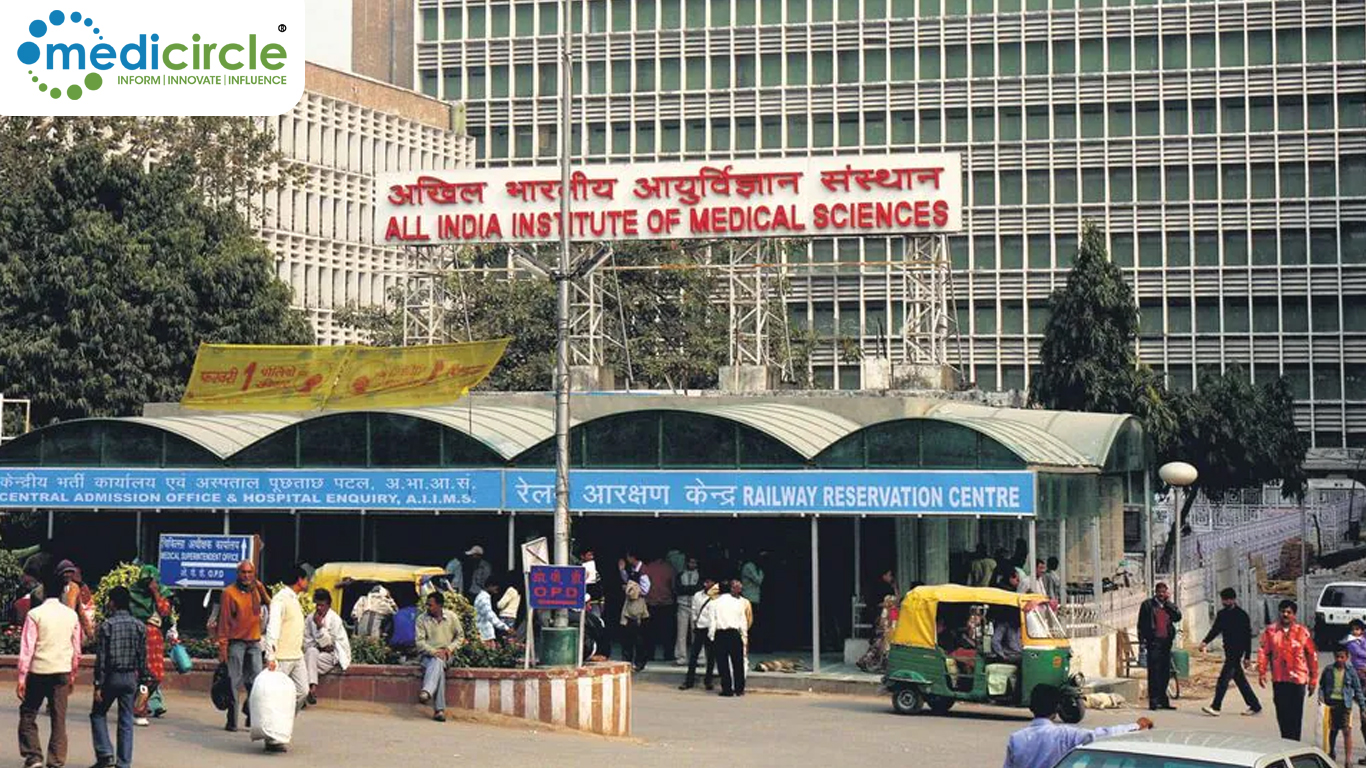
 India’s healthcare system is evolving, and with the advent of AMDs, we are moving towards a more compassionate and patient-centered approach to terminal care.
India’s healthcare system is evolving, and with the advent of AMDs, we are moving towards a more compassionate and patient-centered approach to terminal care.










.jpeg)

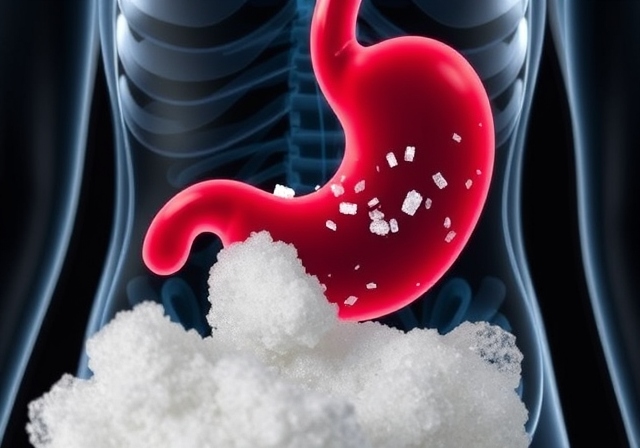
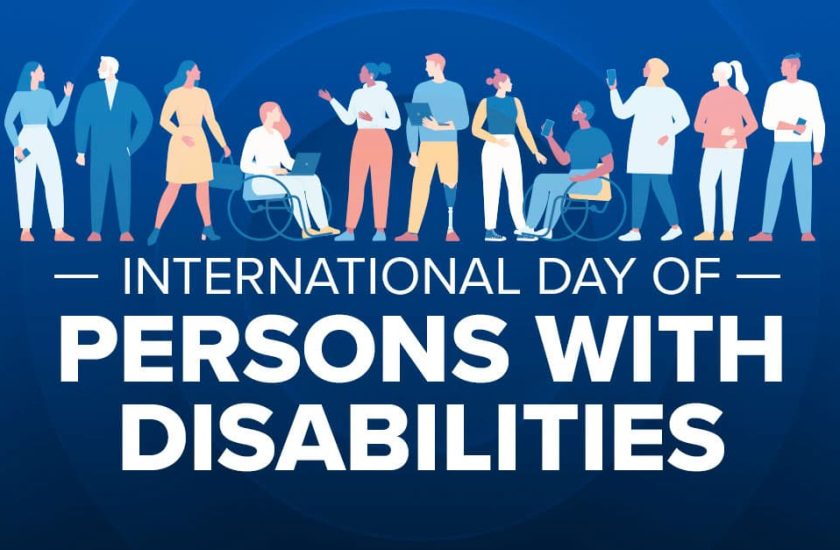
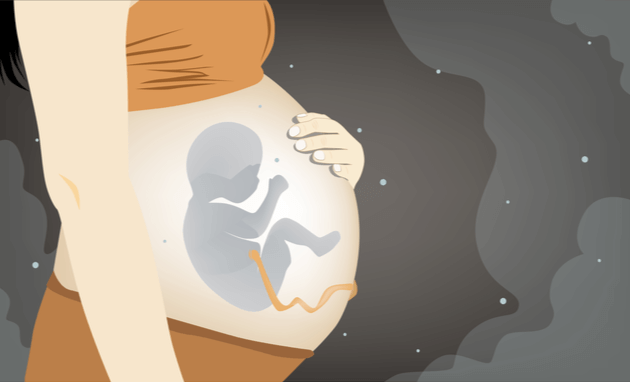

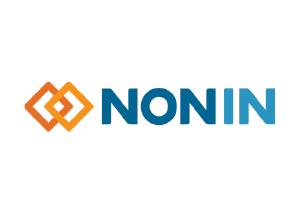
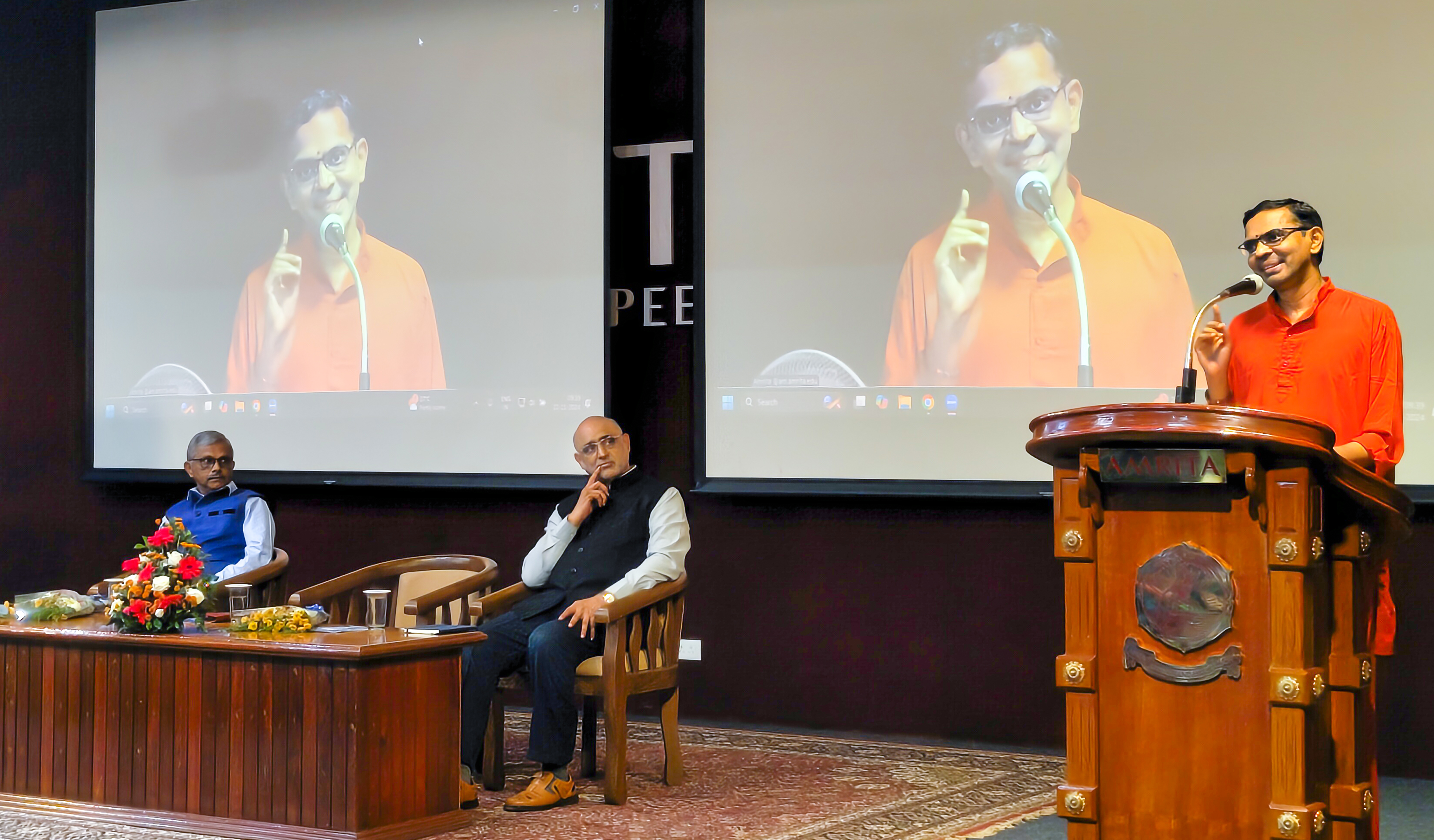
.jpg)
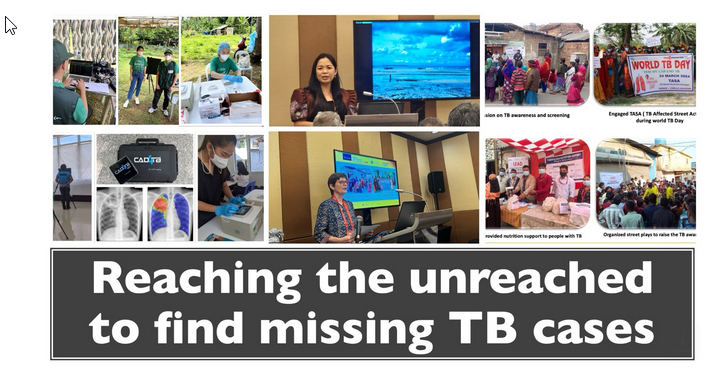


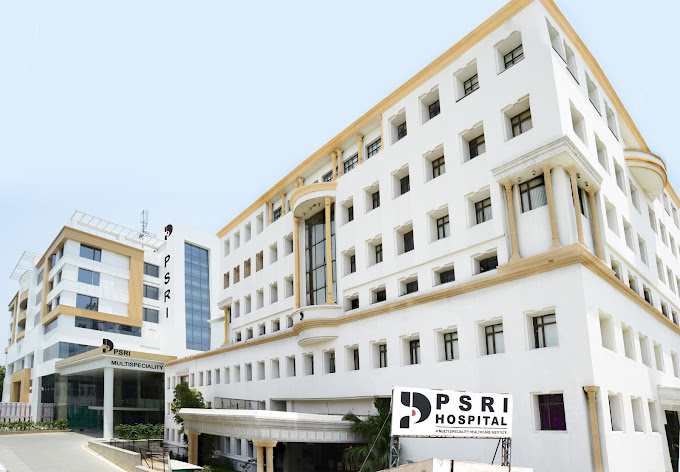
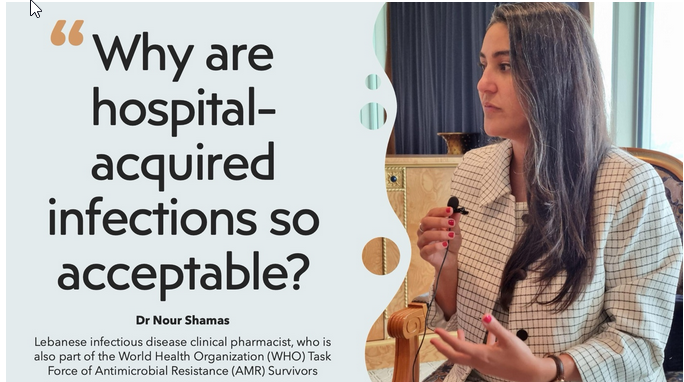
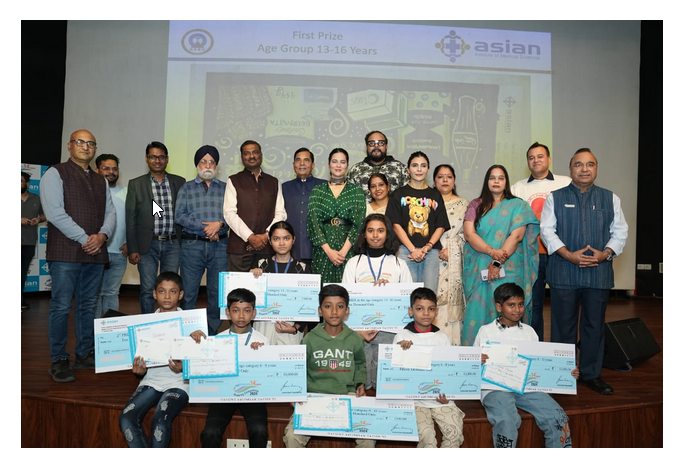
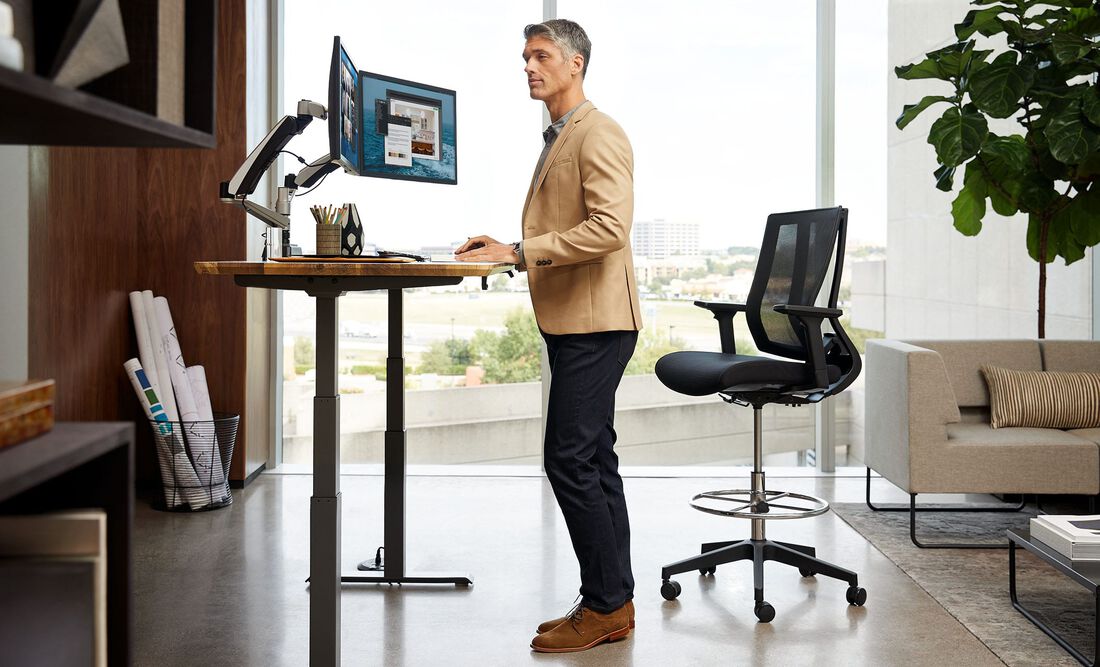
.jpg)
